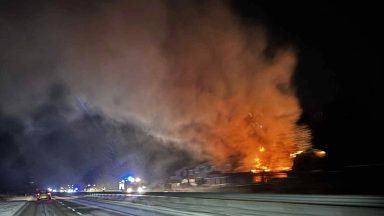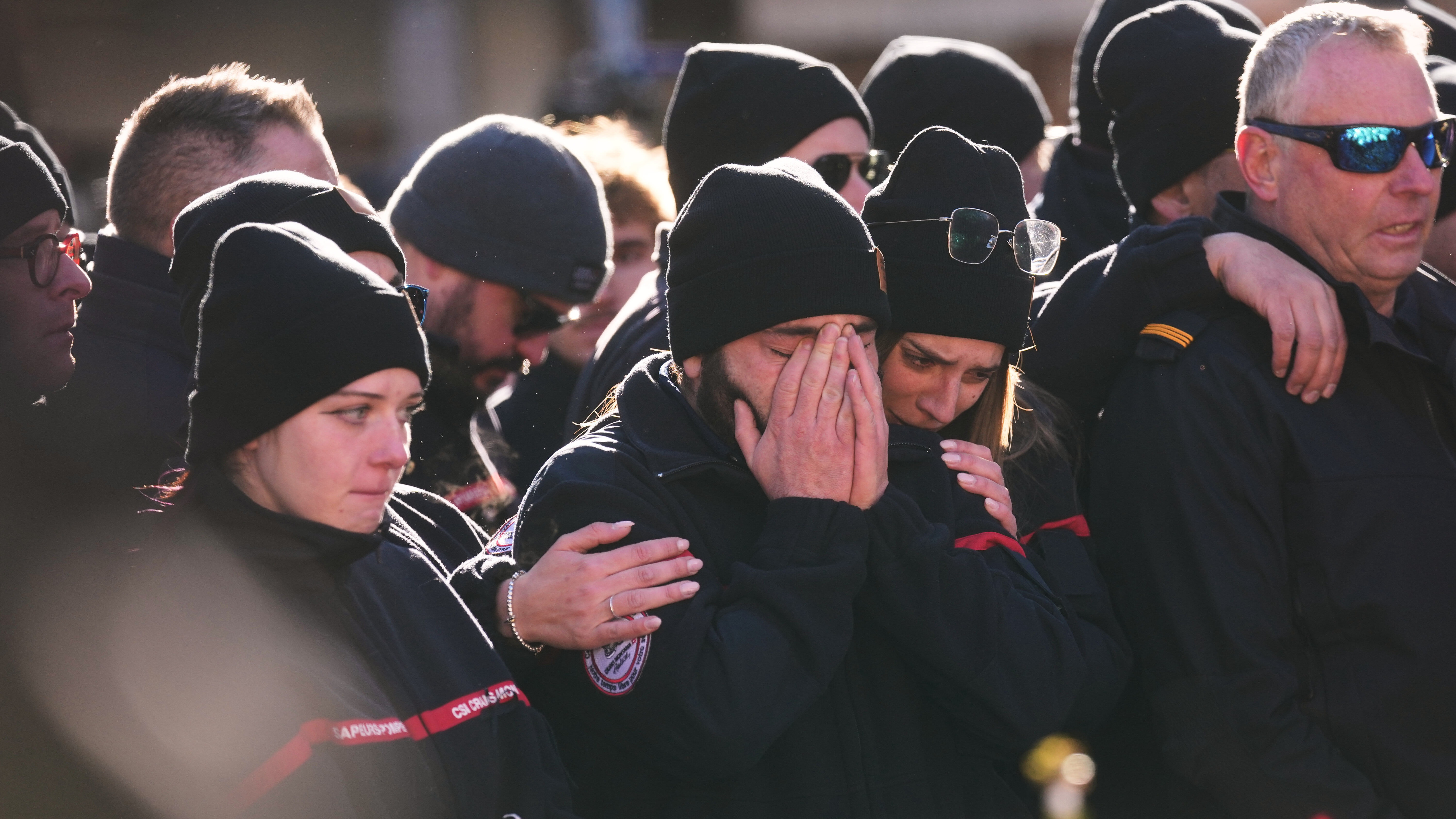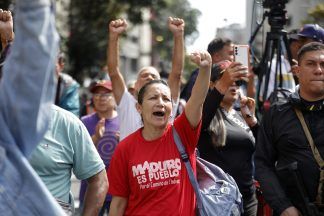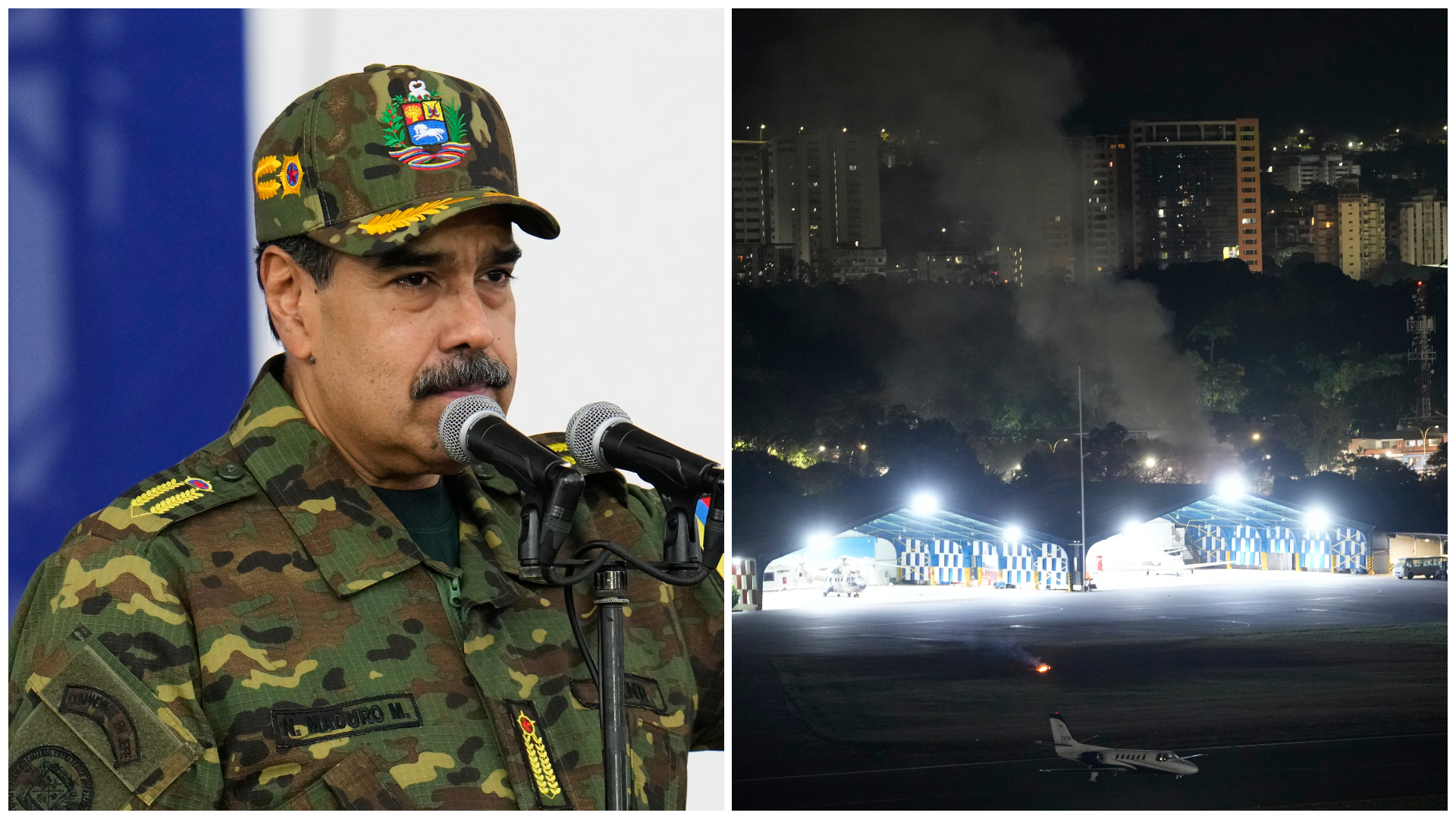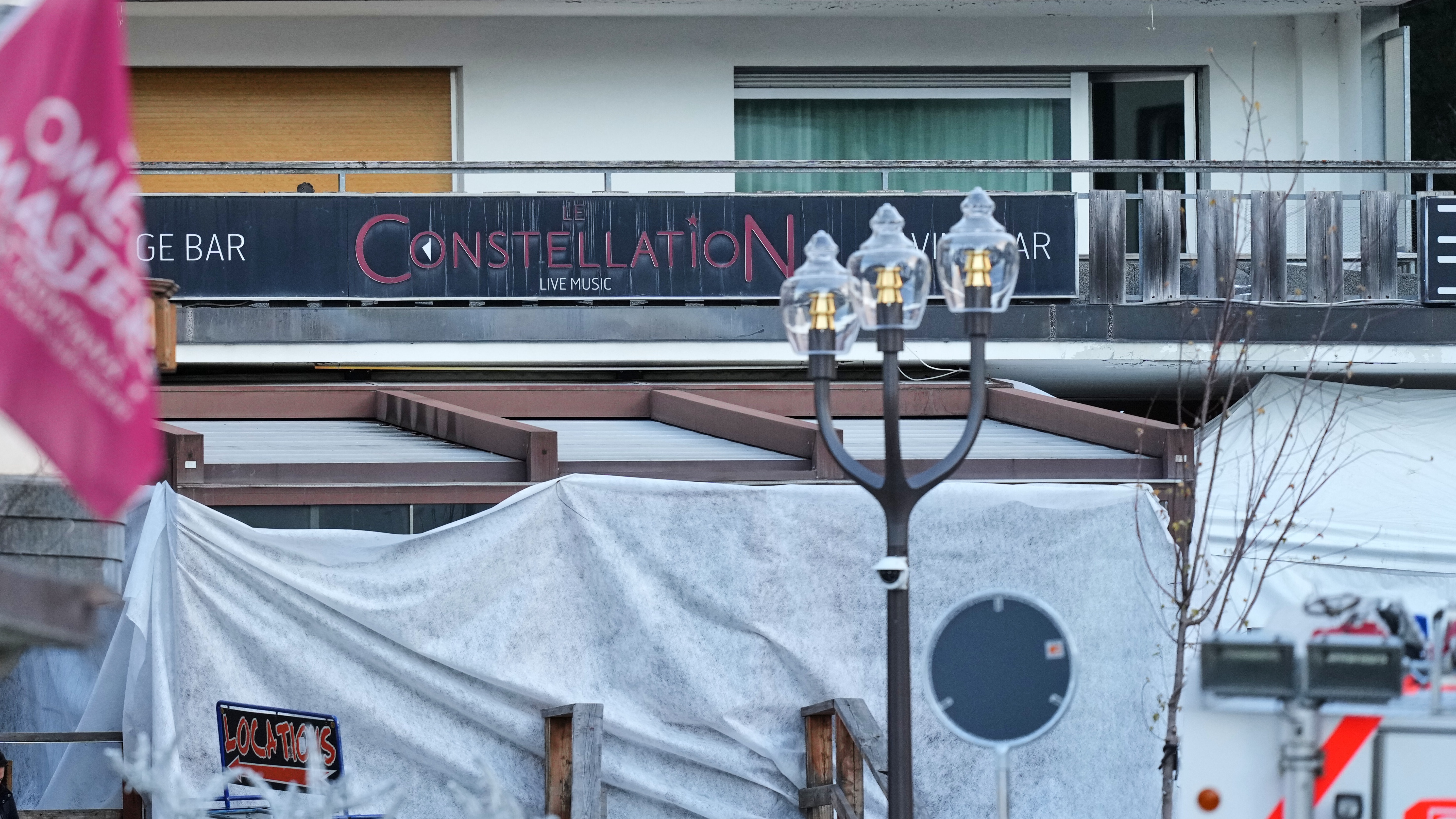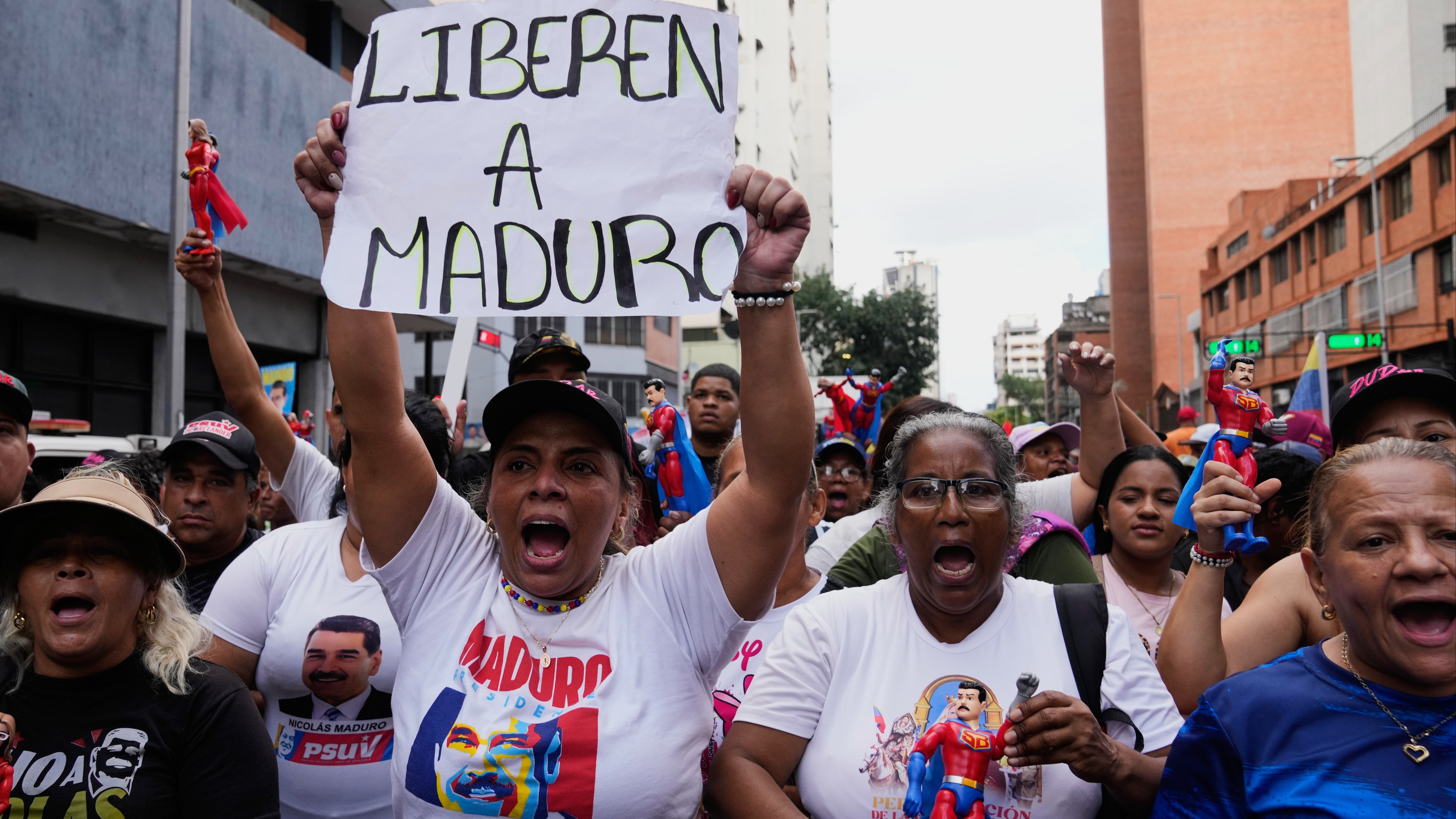A suicide bomber has struck inside a mosque in the north-west Pakistan city of Peshawar, killing at least 27 people and wounding about 147 worshippers.
Most of the casualties were police officers as the targeted mosque is located within a sprawling compound, which also serves as the city’s police headquarters.
No one immediately claimed responsibility for the bombing, said Saddique Khan, a senior police official in Peshawar, but the Pakistani Taliban have been blamed for similar suicide attacks in the past.
The bomber detonated his suicide vest as about 200 worshipers were praying inside or heading to the mosque for prayers.
The police compound is located in a high-security zone in Peshawar, along with several government buildings, and it was unclear how the bomber managed to get so deep inside the zone unnoticed.
The impact of the explosion caused the roof of the mosque to caved in which injured many, according to Zafar Khan, a local police officer.
A survivor, 38-year-old police officer Meena Gul, said he was inside the mosque when the bomb went off. He said he could hear cries and screams after the bomb exploded.
Rescuers scrambled to remove mounds of debris from the mosque grounds and get to worshippers still trapped under the rubble. At a nearby hospital, many of the wounded were listed as in a critical condition as the casualty toll rose.
Prime Minister Shahbaz Sharif condemned the bombing and ordered authorities to ensure the best possible medical treatment to the victims. He also vowed “stern action” against those who were behind the attack.
Former prime minister Imran Khan also condemned the bombing, calling it a “terrorist suicide attack” in a Twitter posting.
“My prayers & condolences go to victims families,” said the ex-premier. “It is imperative we improve our intelligence gathering & properly equip our police forces to combat the growing threat of terrorism.”
Peshawar is the capital of the Khyber Pakhtunkhwa province bordering Afghanistan and has been the scene of frequent militant attacks.
The Pakistani Taliban, are known as Tehreek-e-Taliban Pakistan or TTP, and are separate group but also a close ally of the Afghan Taliban, who seized power in neighbouring Afghanistan in August 2021 as US and Nato troops were in the final stages of their pullout from the country after 20 years of war.
The TTP has waged an insurgency in Pakistan over the past 15 years, fighting for stricter enforcement of Islamic laws in the country, the release of their members who are in government custody and a reduction of the Pakistani military presence in the country’s former tribal regions.
Pakistan has witnessed a surge in militant attacks since November when the Pakistani Taliban ended their ceasefire with government forces.
The truce ended as Pakistan was still contending with last summer’s unprecedented flooding that killed 1,739 people, destroyed more than two million homes, and at one point submerged as much as one third of the country.
The flood damage totalled more than 30 billion dollars and authorities are still struggling to arrange tents, shelter and food for the survivors.
Cash-strapped Pakistan is currently also facing an economic crisis and is seeking a crucial instalment of 1.1 billion dollars from the International Monetary Fund — part of its 6 billion dollar bailout package — to avoid default. Talks with the IMF on reviving the bailout have stalled in the past months.
Mr Sharif’s government came to power last April after Imran Khan was ousted in a no-confidence vote in Parliament. He has since campaigned for early elections, claiming his ousting was illegal and part of a plot backed by the United States. Washington and Mr Sharif have dismissed Mr Khan’s claims.
Follow STV News on WhatsApp
Scan the QR code on your mobile device for all the latest news from around the country










